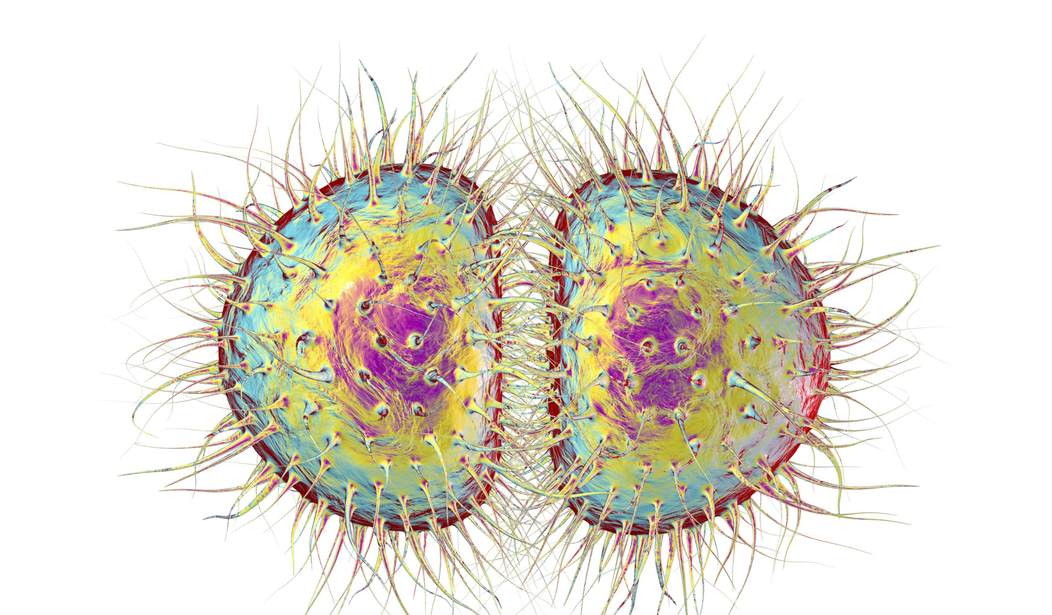The World Health Organization is ringing alarm bells about a new, untreatable strain of gonorrhea that spreads through oral sex.
“At least three people worldwide” have been infected with the totally untreatable mutant “superbug” and that may be just “the tip of the iceberg,” WHO warned.
Via the Telegraph:
Giving details of studies showing a “very serious situation” with regard to highly drug-resistant forms of the sexually-transmitted infection (STI), experts said it was “only a matter of time” before last-resort gonorrhoea antibiotics would be of no use.
At least three people in Japan, Spain and France have been found to be infected with the untreatable strain, which they could have spread to others.
An estimated 78 million people contract the STI, which can cause infertility, each year. Its spread has been blamed on oral sex and a decline in condom use.
“Gonorrhoea is a very smart bug,” said Dr Teodora Wi, from WHO. “Every time you introduce a new class of antibiotics to treat gonorrhoea, the bug becomes resistant.
“It will only be a matter of years and this antibiotic will not be useful any more. It takes years to develop new drugs so we need to have that new drug in the pipeline so that in a few years’ time, we have something to replace the current treatment.
“Worryingly, the vast majority of infections are in poor countries where resistance is harder to detect – these cases may just be the tip of the iceberg.”
The infection, which in many cases has no symptoms on its own, can lead to pelvic inflammatory disease, ectopic pregnancy and infertility, as well as increasing the risk of getting HIV.
Symptoms of gonorrhea in women include:
- pain or a burning sensation when passing urine
- an unusual vaginal discharge, which may be thin or watery and green or yellow in color
- pain or tenderness in the lower abdominal area (this is less common)
- bleeding between periods, heavier periods and bleeding after sex (this is less common)
In men, the symptoms include:
- pain or a burning sensation when urinating
- an unusual discharge from the tip of the penis, which may be white, yellow or green
- inflammation (swelling) of the foreskin
- pain or tenderness in the testicles (this is rare)
Extended-spectrum cephalosporins (ESCs) are now the only antibiotics that are still being used for treating gonorrhea throughout the world, but resistance to them has already been reported in 50 countries, according to WHO.
Manica Balasegaram, director of the Global Antibiotic Research and Development Partnership, said the situation was “grim” and there was a “pressing need” for new medicines.
The pipeline, however, is very thin, with only three potential new gonorrhoea drugs in development and no guarantee any will prove effective in final-stage trials, he said.
“We urgently need to seize the opportunities we have with existing drugs and candidates in the pipeline,” he told reporters. “Any new treatment developed should be accessible to everyone who needs it, while ensuring it is used appropriately so that drug resistance is slowed as much as possible.”









Join the conversation as a VIP Member